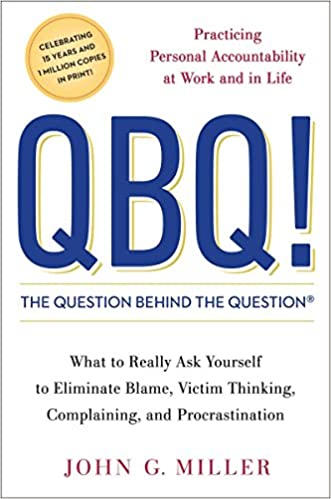In today’s fast-paced professional world, soliciting feedback from colleagues, supervisors, and even subordinates isn’t just a routine; it’s a catalyst for growth and progress. Regardless of your position – whether you’re a seasoned executive or a new team member – actively seeking feedback and, crucially, following up on it can significantly shape your career journey and contribute to your organization’s success.
Cultivating a Feedback Culture:
Feedback serves as a powerful driver for improvement. It sheds light on blind spots, underscores strengths, and pinpoints areas for development. Yet, for feedback to truly make an impact, it must be encouraged and normalized within the workplace. Leaders play a pivotal role in fostering an environment where feedback is viewed not as criticism, but as a constructive tool for growth.
Breaking Down Silos:
An invaluable benefit of soliciting feedback is its ability to dismantle organizational silos. When employees are encouraged to share their perspectives across departments and hierarchies, it fosters collaboration and innovation. By actively seeking feedback from diverse sources, teams gain fresh insights and novel approaches to problem-solving, ultimately enhancing organizational effectiveness.
Empowering Personal and Professional Growth:
Feedback serves as a catalyst for personal and professional development. It offers individuals valuable insights into their performance, enabling them to identify areas for improvement and leverage their strengths. Regular feedback sessions cultivate a culture of continuous learning, motivating employees to seek out new challenges and growth opportunities.
Building Trust and Engagement:
Organizations that prioritize feedback cultivate a culture of trust and transparency. When employees feel heard and valued, they become more engaged and committed to the organization’s goals. Soliciting feedback demonstrates a genuine interest in employee well-being and professional development, which can significantly bolster morale and retention rates.
The Importance of Follow-Up:
Soliciting feedback is just the first step; the true impact lies in the follow-up. Following up on feedback demonstrates a commitment to action and improvement. It sends a powerful message that feedback isn’t merely collected for the sake of it, but is genuinely valued and acted upon.
Tips for Effective Follow-Up:
- Acknowledge and Appreciate: Express gratitude for the insights shared, demonstrating respect for diverse perspectives.
- Identify Actionable Steps: Analyze feedback to identify specific steps for improvement, setting clear goals and timelines.
- Implement Changes: Actively work towards implementing suggested improvements, involving relevant stakeholders.
- Seek Further Clarification: Clarify any unclear feedback by following up with individuals for additional insights.
- Monitor and Evaluate: Continuously monitor the impact of changes implemented, soliciting feedback periodically for adjustments.
In conclusion, soliciting feedback and following up on it isn’t just good practice; it’s a strategic imperative for organizations seeking to thrive. By fostering a feedback-centric culture and prioritizing action, organizations can unleash the full potential of their teams, driving sustainable growth and success.
Interested in leveraging a 360 assessment to solicit comprehensive feedback from multiple perspectives? Click HERE to explore how it can help you enhance your management, leadership, or teamwork skills!








